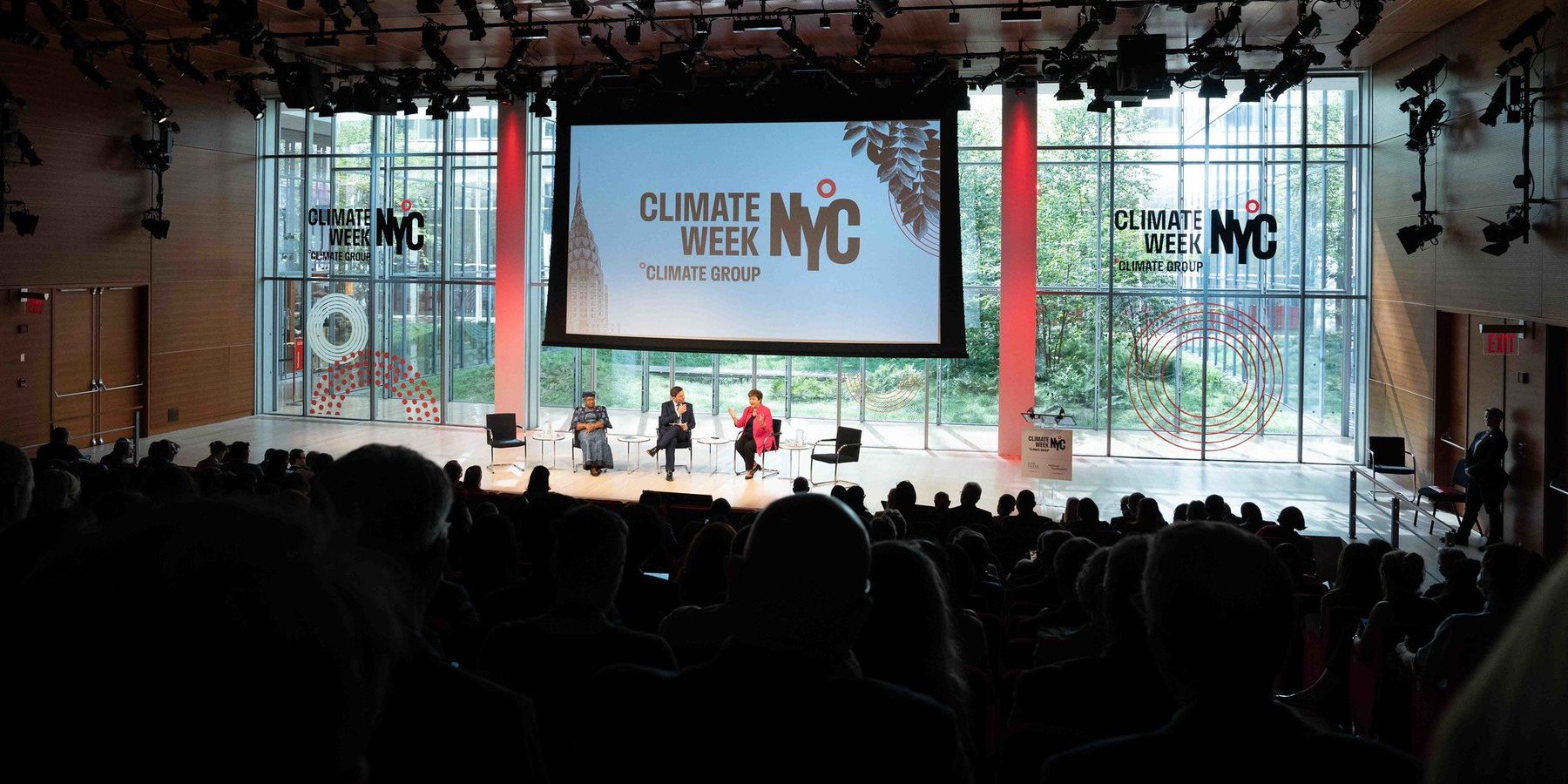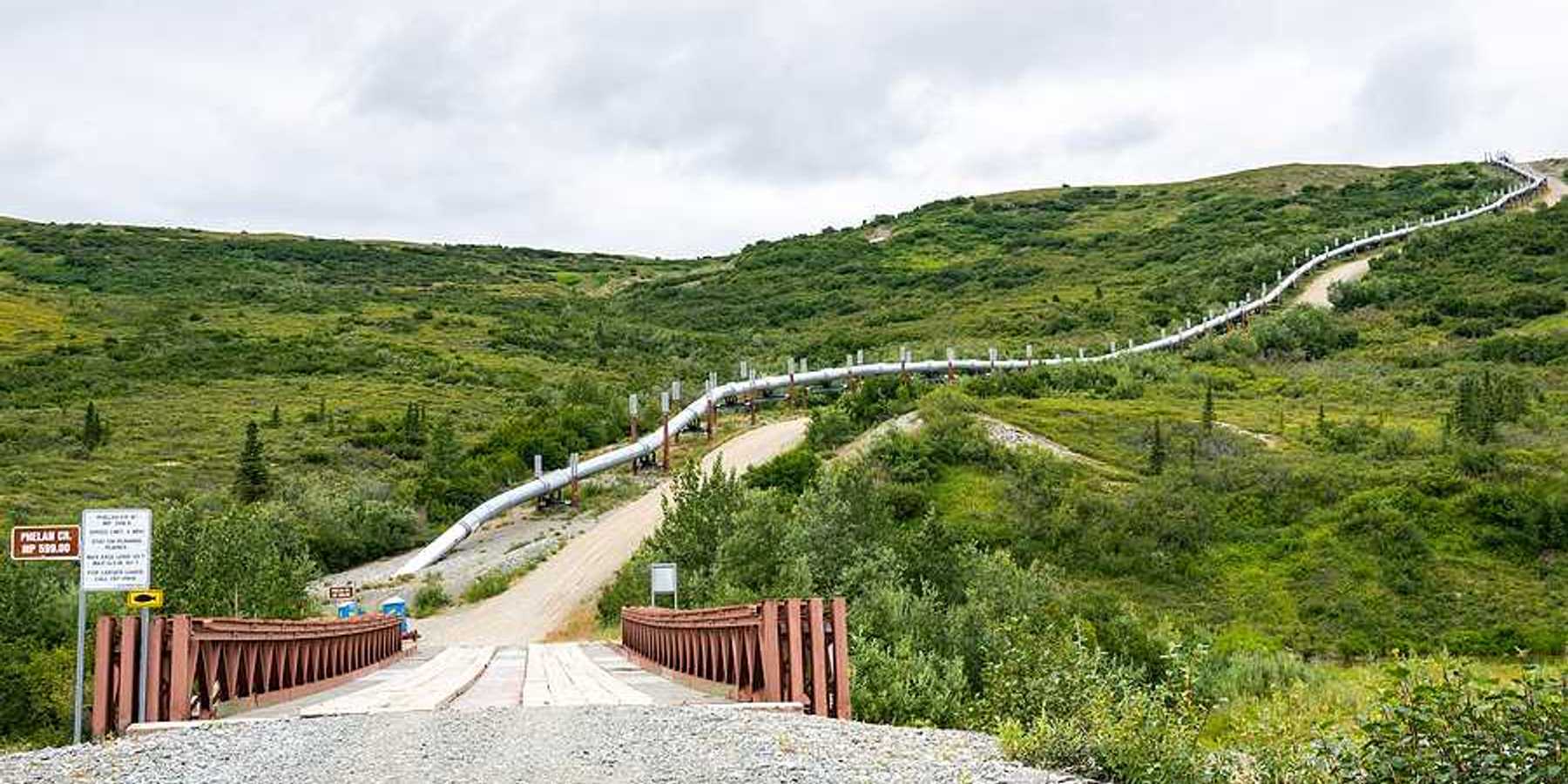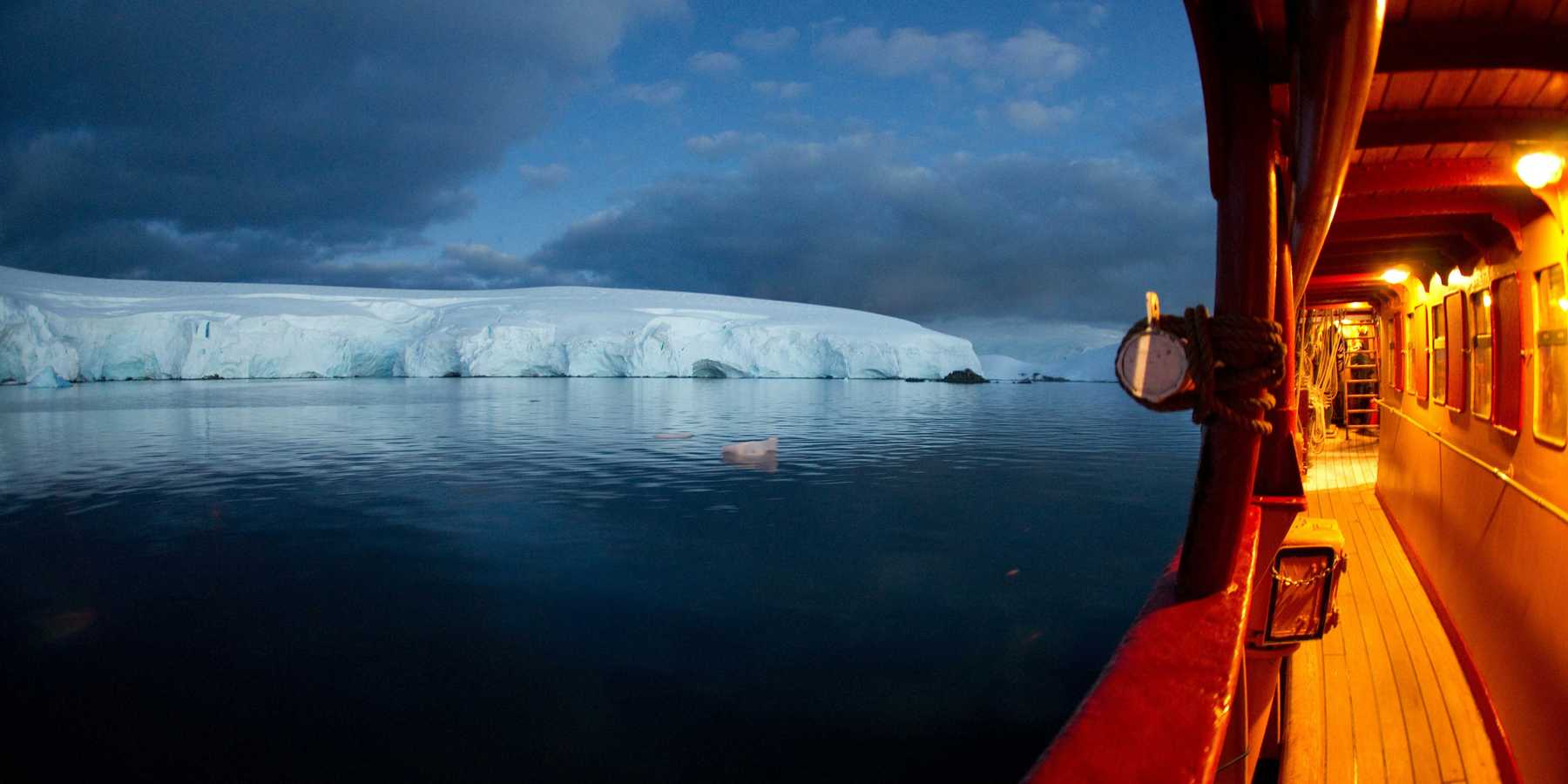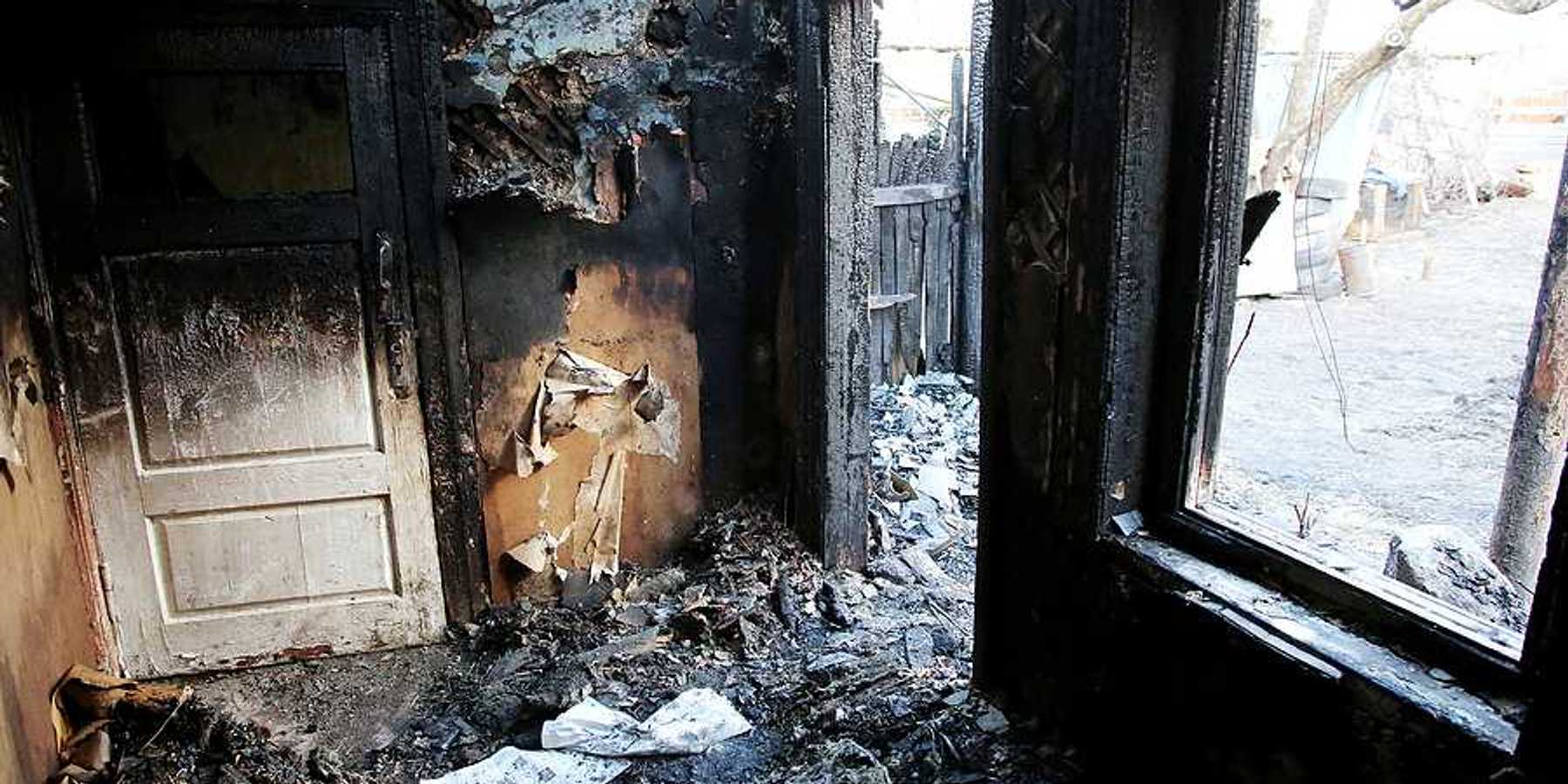
Op-ed: Is plastic the biggest climate threat?
A plastics treaty for the climate and health must address overproduction of plastics and head off the petrochemical and plastic industry’s planned expansion.
As people from around the world are gathering in New York for the UN-sponsored Climate Week, it is past time the world focused on the threats to climate from plastics.
For decades the fossil fuel industry has rightly been a target for climate action. It was major news last year when the UN climate change conference for the first time in decades agreed on calling for a transition away from fossil fuels. But many missed the loophole in that statement: fossil-fuel producing countries only agreed to this language with the caveat that the transition would be away from fossil fuels “in energy systems.” The agreement says nothing about moving away from fossil fuels for plastics or chemicals.
With the rapid rise of electric cars and other electrification technologies, the oil and gas industry is looking to plastics and the chemicals that go into plastics as their primary new markets. Many people don’t know that plastics are made from oil and gas mixed with chemicals, mostly petrochemicals that are also produced from fossil fuels. Plastics are the industry’s golden goose and they are gearing up for a massive expansion in production. A recent report noted that Chevron, Shell, and oil-producing nations are responding to predictions about the decline of their industry with large investments in petrochemical and plastic production. They believe their future is plastics.
But scientists are warning that more plastics means more threats to the climate. A study from the U.S. government’s Lawrence Berkeley National Laboratory earlier this year found that greenhouse gas emissions from plastics could triple by mid-century, accounting for 20% of the remaining carbon budget before planetary disruptions become unbearable. Other researchers have found that pollution from plastics and chemicals has already exceeded the “planetary boundaries” for sustaining life on Earth. Some say more recycling will fix the plastics problem, but plastic recycling has remained at less than 10% globally for decades and because plastics are made with toxic chemicals, recycling simply spreads these chemicals to new products.
Despite the climate agreement’s call to “transition away” from fossil fuels, the industry is aiming to triple plastics production by 2050. This means increasing fossil fuels extraction and petrochemical production, with the attendant and potentially disastrous climate, health, and environmental consequences.
In the Arctic, we see the consequences of the fossil fuels, petrochemicals, and plastics industry daily. Our recent report noted that the Arctic is a “hemispheric sink” where plastic pollution from around the world accumulates, leaching toxic chemicals that threaten the climate, food security, our health, and the environment. The report demonstrates how chemicals, plastics, and climate change are interrelated and have combined to poison lands, waters, and traditional foods of Arctic Indigenous Peoples, with ongoing health effects that threaten their cultures and communities.
In Indonesia and around the Global South, the industry is promoting a buildup of fossil fuels, plastics, and chemicals production as well as toxic plastic waste disposal technologies, like incineration and chemical recycling, that create significant greenhouse gases and toxic emissions. Already, evidence shows that unmanageable plastic waste around the world threatens the climate and causes toxic contamination of the air, water, and food chain, especially for people living close to waste dumps, incinerators, and plastic recycling facilities.
Increasing production of plastics derived from fossil fuels will not only threaten the climate but also our health. A recent study found that more than 4,200 chemicals used in plastics are known to be “highly hazardous” to health or the environment, and thousands more plastic chemicals have never been tested for safety. Chemicals common in plastics are linked to cancer, impacts on brain development and behavior, infertility, low sperm count, reduced testosterone and estrogen levels, impacts on neurodevelopment and IQ-performance, immune system damage, and endocrine disruption, among other health concerns.
While the U.N. Climate Week is in the spotlight, the world is also in the process of negotiating another significant climate pact, the U.N. Plastics Treaty, a global agreement aimed at addressing the plastics crisis. Given the stakes, the Treaty should be considered a climate and health agreement that addresses the climate and toxic threats throughout the life cycle of plastics. We must understand plastics as a mixture of carbon (fossil fuels) and chemicals and address the climate and health consequences when fossil fuels are extracted to make plastics, when petrochemicals for plastics are produced, when plastic production and disposal threatens nearby communities, and when plastic products pose risks to consumers.
In short, a Plastics Treaty for the climate and health must address overproduction of plastics and head off the petrochemical and plastic industry’s planned expansion. To miss this opportunity to rein in these polluting, toxic industries could have disastrous consequences for generations to come.













